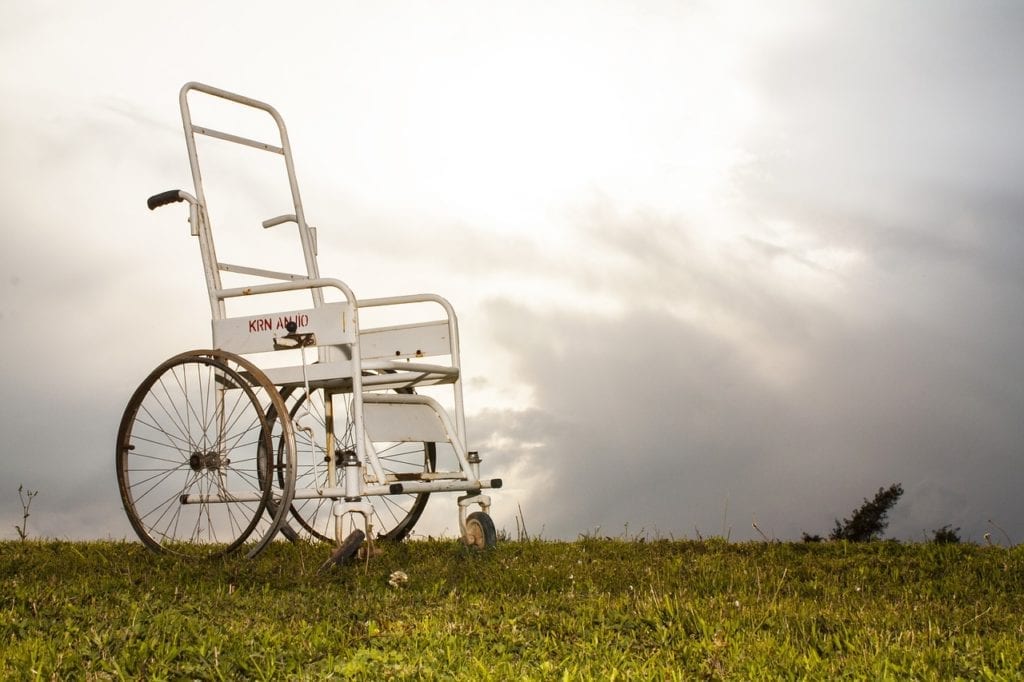According to a story from financialbuzz.com, the pharmaceutical company AveXis, Inc., is planning to begin preparations to submit a Biologics License Application (BLA) to the Food and Drug Administration for AVXS-101 a gene therapy drug that is currently undergoing testing and development. The treatment is meant specifically for type one spinal muscular atrophy.
Spinal muscular atrophy (SMA) is a rare neuromuscular disorder in which the motor neurons are lost and severe muscular degeneration and wasting occurs, often leading to a reduction in life span. The condition is caused by a genetic mutation. Symptoms of the disease vary depending on the type, but can include loss of reflexes, muscle weakness, problems in mobility development, tongue twitching, and poor breathing function due to respiratory muscle loss. In type one, symptoms usually begin in infancy. In this form, the sufferer will rarely survive more than a couple of years. To learn more about this disorder, click here.
The company met with the FDA in December in order to review all of the data compiled in phase one of the testing and development. Another meeting will be set later in the year in order to review the information that will need to be submitted with the BLA and to determine how the information will be sent.
AVXS-101 is designed specifically for SMA type one and two as a gene therapy. The treatment should reduce further muscle loss by compensating for the altered gene that causes the condition. AVXS-101 is also acts on motor neurons so that major muscular problems can be addressed throughout the body. The therapy uses self-complementary adeno-associated virus type nine as the method of delivery. There is currently no real treatment for SMA type one, and AVXS-101 is the only therapy so far that has reached the clinical testing stage. Other gene therapies are currently in the design stage, but they have not begun any testing.
Studies so far have shown that AVXS-101 has a noticeable benefit in infants diagnosed with SMA type one, significantly improving their condition when compared to the natural progression of the disorder. Roughly about ten percent of babies with SMA type one survive into adulthood, but this only with fairly mild cases; the new treatment could help improve survival rates.







